Google and the U.S. Federal Trade Commission have clarified how sponsored content and paid links should be disclosed and qualified online. The guidance affects brand mentions and link attributions across formats and is relevant to how content may appear in AI-powered search.

Key details
- The FTC updated its Endorsement Guides in June 2023, requiring clear, conspicuous disclosures for paid endorsements across formats, including articles and social media. The rules apply to advertisers, endorsers, and intermediaries.
- Disclosures must be hard to miss, easy to understand, and placed close to the related claim in a way that fits the medium.
- Google Search Essentials requires that paid or compensated links be qualified. Publishers should use rel="sponsored" or rel="nofollow" to comply with spam policies.
- Buying or selling links that pass ranking signals violates Google’s spam policies and can lead to reduced visibility or other enforcement actions.
- In 2019, Google introduced rel="sponsored" and rel="ugc" for more context, and began treating rel="nofollow" as a hint for crawling and indexing rather than a directive. See Google’s announcement for details.
Background
The FTC first issued its Endorsement Guides decades ago and updated them to reflect digital practices. The 2023 revision addresses social media, influencer marketing, and newer ad formats, emphasizing transparent disclosures and accountability.
Google’s documentation consolidates long-standing webmaster guidance under Search Essentials. Its spam policies outline prohibited link practices and proper qualification of paid links. The 2019 update added link attributes to better classify link types at scale.
AI-assisted search experiences draw on web content that follows these standards. Sponsored articles can be indexed unless blocked by site owners. Proper disclosures and link qualification remain required regardless of distribution channel.

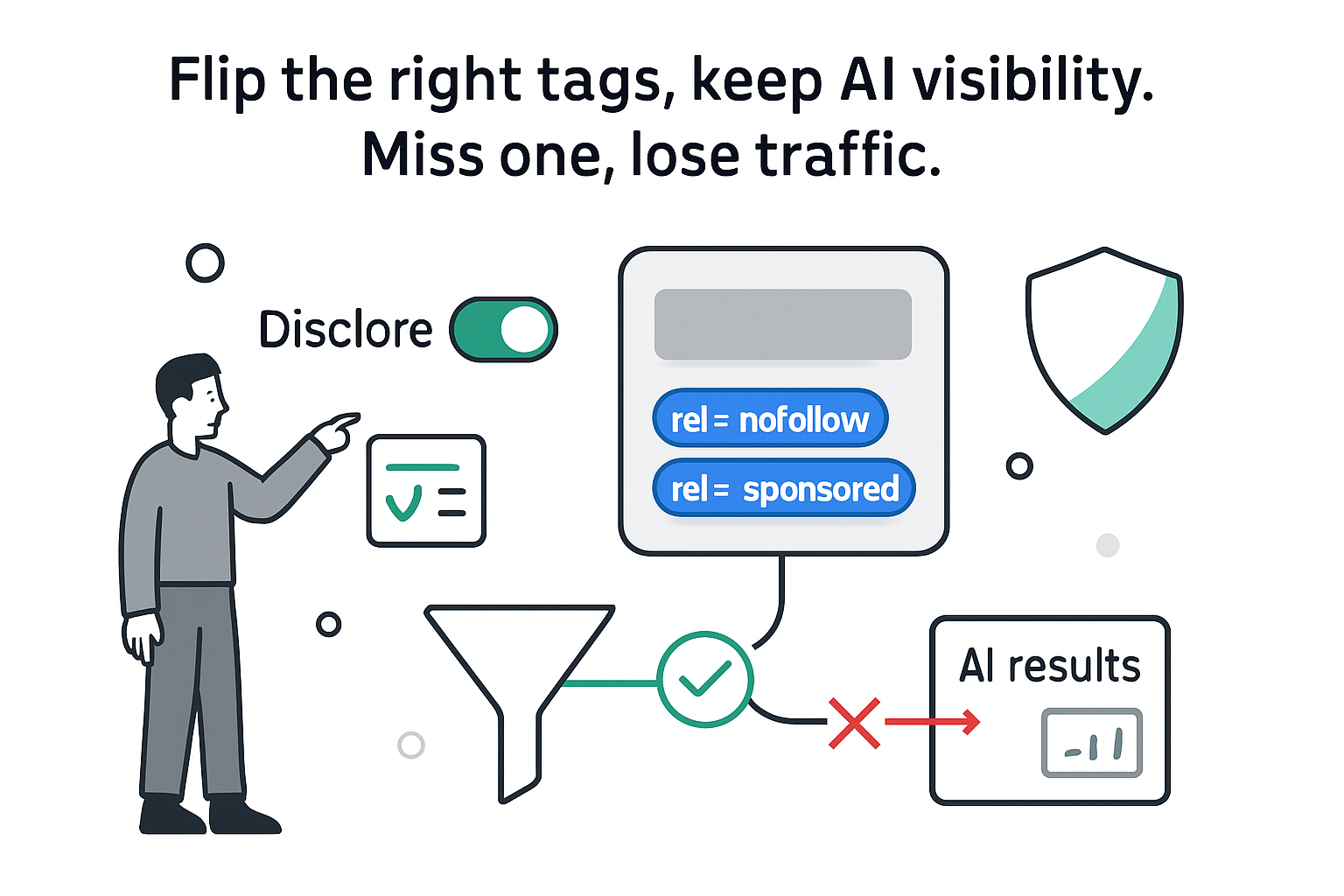


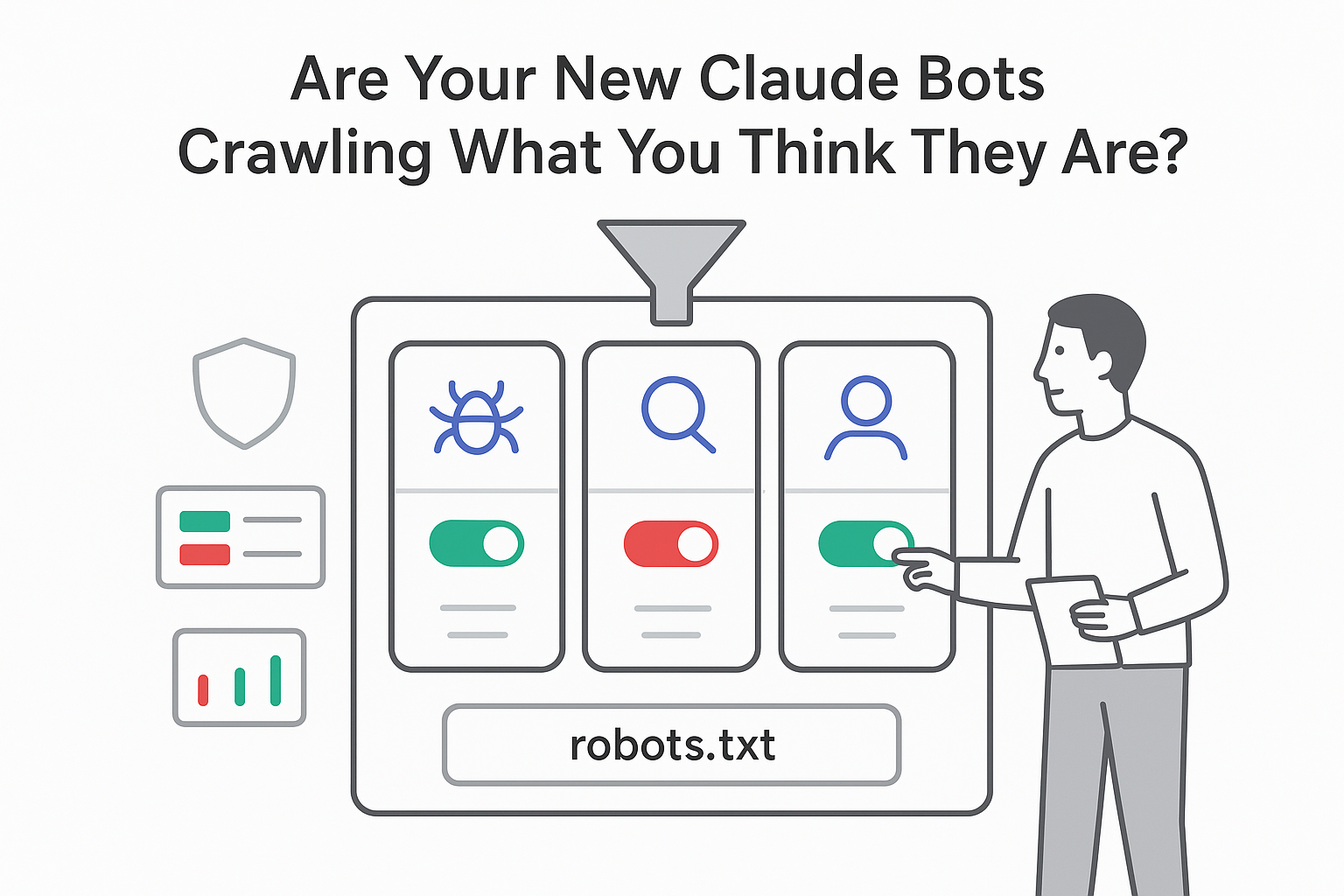
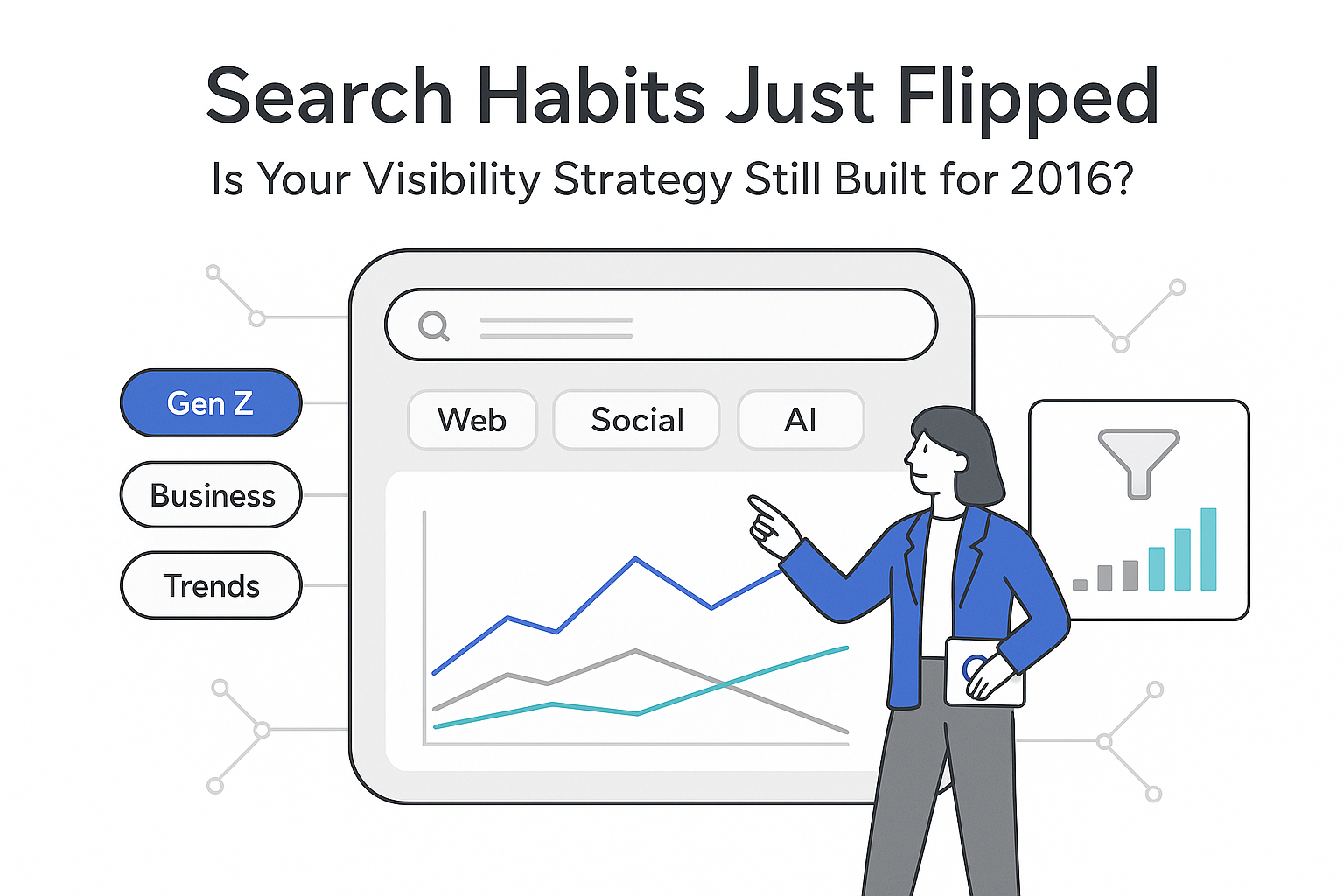
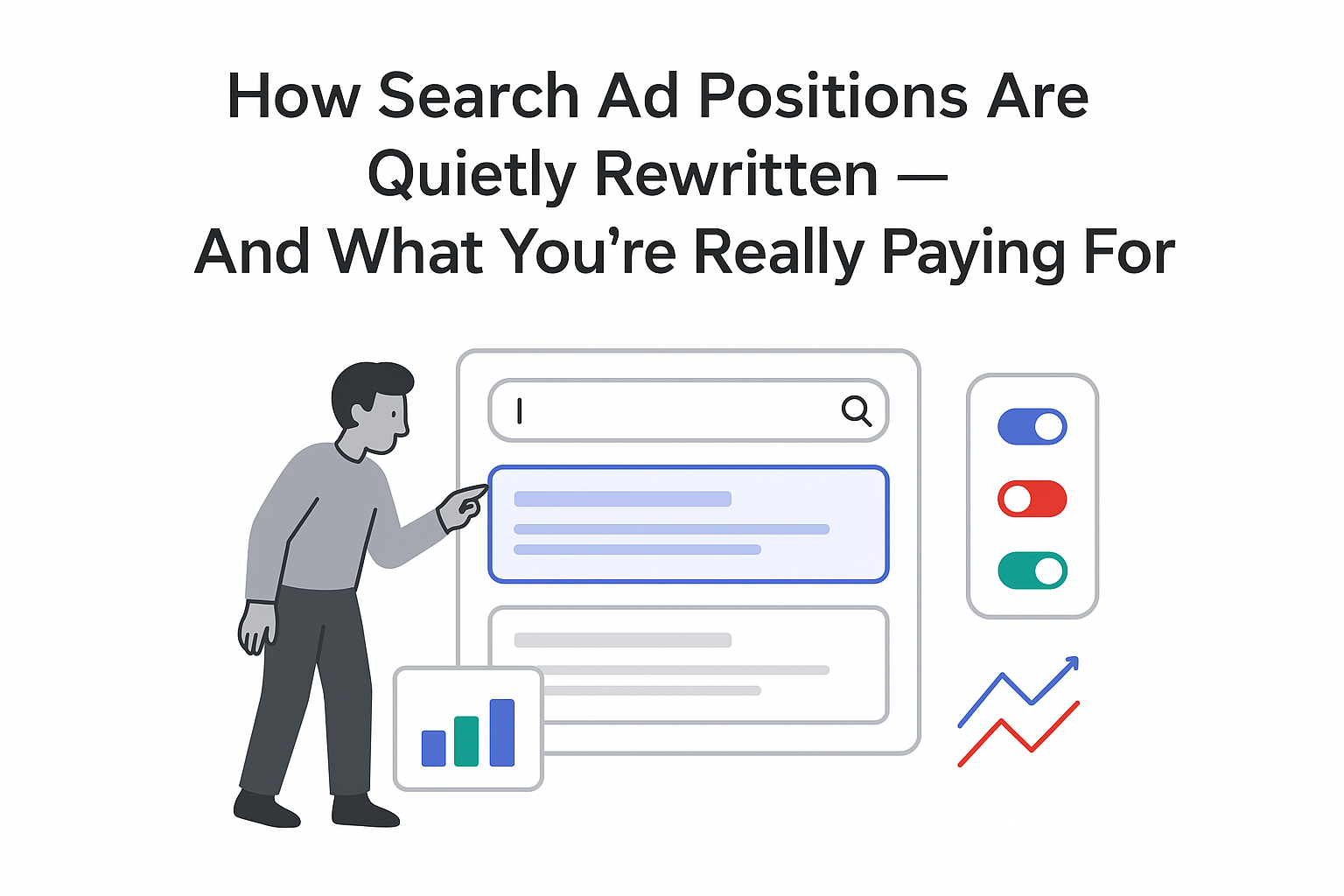
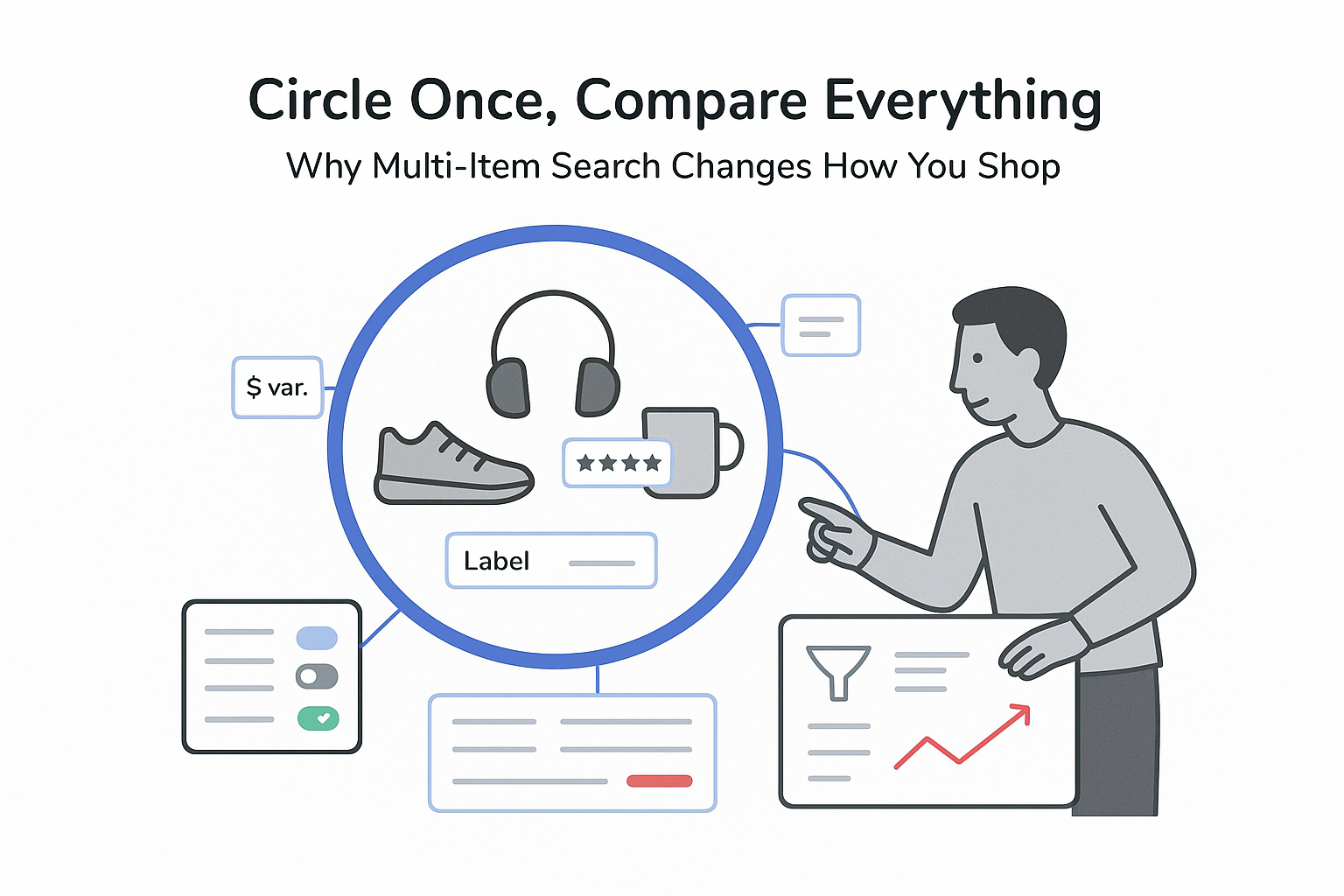
.svg)